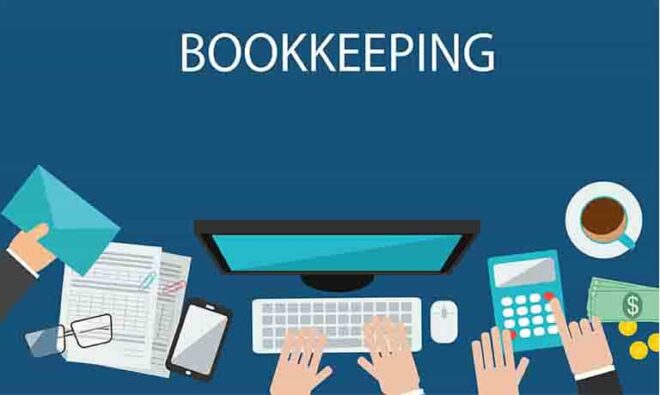![]()
Bookkeeping for Automotive Repair Services
Bookkeeping for Automotive Repair Services in India should diligently record various financial transactions in their bookkeeping to ensure accurate financial reporting and compliance with tax regulations.
Here are some key transactions that they should record:
1. Income from Repairs:
Record all income generated from providing automotive repair services. This includes charges for labor, parts, and any other services rendered to customers.
2. Inventory Purchases:
Keep track of all inventory purchases, including spare parts, oils, fluids, and other components necessary for automotive repair services. Properly record the cost of goods sold (COGS) and adjust inventory levels accordingly.
3. Expenses:
Record various expenses associated with running the repair shop, such as rent for the workshop, utilities, salaries or wages of employees, insurance premiums, and any other overhead costs.
4. Customer Payments:
Record payments received from customers for repair services. Maintain clear records of the payment method used, such as cash, credit/debit cards, digital wallets, or checks.
5. Supplier Payments:
Record payments made to suppliers for purchasing inventory, spare parts, tools, and other supplies needed for repairs.
6. Credit Transactions:
If there are any credit transactions with suppliers or customers, accurately document the terms and due dates for repayments.
7. Loan Transactions:
If the automotive repair shop has taken any loans or credit, record the loan disbursements, repayments, and associated interest expenses.
8. Petty Cash Expenses:
Keep track of small cash expenditures for day-to-day operational needs, like buying small tools or covering minor expenses.
9. Vehicle Sales:
If the repair shop buys and sells used vehicles, record the purchase cost, any repairs done before resale, and the eventual selling price.
10. Depreciation:
Record the depreciation of assets like tools, equipment, and vehicles over their useful lifespan to reflect their decreasing value.
11. Tax Payments:
Maintain records of tax payments, including Goods and Services Tax (GST) payments and any other applicable taxes.
12. Salaries and Benefits:
Document salaries, wages, bonuses, and any benefits provided to employees. Also, record deductions for provident fund, taxes, and other relevant contributions.
13. Maintenance and Repairs:
Track expenses related to maintaining and repairing the shop premises, machinery, and equipment.
14. Advertising and Marketing Expenses:
Record expenses for advertising and marketing efforts, including online campaigns, promotions, and printed materials.
15. Capital Expenditures:
If the automotive repair services shop makes significant investments in assets like new equipment or facility improvements, record these expenditures separately as they might have different depreciation schedules.
16. Cash Inflows and Outflows:
Keep a record of daily cash inflows and outflows, ensuring that all transactions are accurately documented.
17. Advance Payments and Deposits:
Record any advance payments or deposits received from customers for future repairs or services.
18. Returns and Refunds:
If customers return products or request refunds for services, maintain a clear record of these transactions.
19. Financial Statements:
Regularly prepare financial statements like the Income Statement, Balance Sheet, and Cash Flow Statement based on the recorded transactions.
20. Auditor’s and Tax Consultant’s Fees:
Record any fees paid to auditors or tax consultants for financial audits and tax-related advice.
To visit: https://www.mca.gov.in/

For further details access our website: https://vibrantfinserv.com